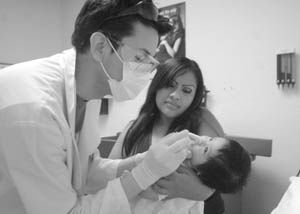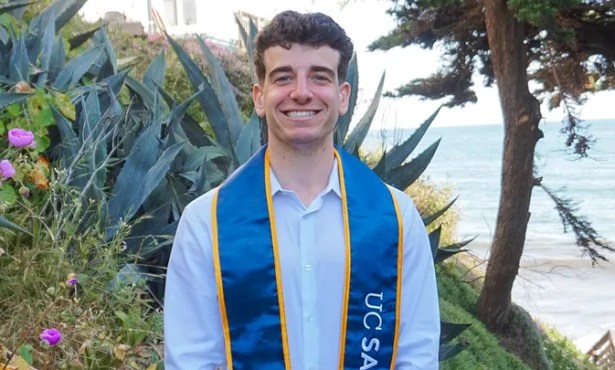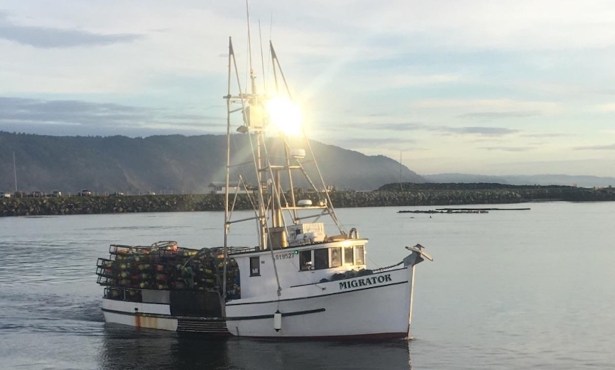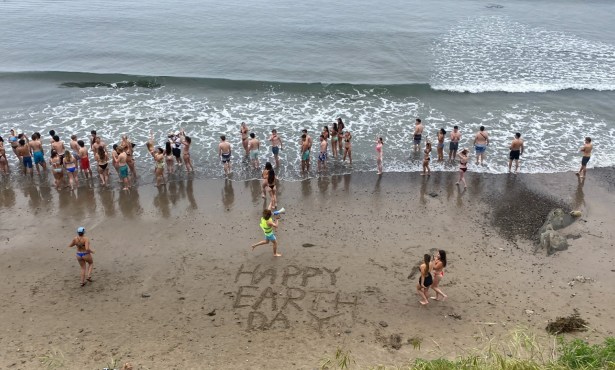Budget Impasse Breaks, Relieves Clinics’ Woes
State's Legislative Stalemate Equaled One Stressed Out Healthcare Safety Net Here
News of a possible budget deal in the state capitol was received with a gigantic sense of relief all over California today, but in Santa Barbara, it was perhaps most acutely felt by the providers of health care to low-income and uninsured residents. If signed as expected, it will signal the end of a painful, two-and-a-half-month long payment freeze that forced providers to blow through reserves and, in the case of the Santa Barbara Neighborhood Clinics, tap credit lines and apply for emergency loans just to keep their doors open.

Bonnie Campbell, director of development at the Neighborhood Clinics, said the impact of the pay freeze on her organization has been “incredible.” Starting in early July, checks that funded hundreds of well-child physicals and pediatric dental exams, basic primary care for the uninsured, and cancer screening for low-income women, stopped cold. With no reserve, the three nonprofit clinics-which operate under the umbrella of one organization-began pulling from lines of credit at Santa Barbara Bank & Trust and Montecito Bank and Trust at interest rates of five and six percent. As of Monday, the state was in arrears to the organization to the tune of $500,000, Campbell said.
“I would say [we’re feeling] extreme relief,” said Neighborhood Clinics’ Executive Director Cynder Sinclair. “To go without over $500,000 in cash flow for so long is enough of a problem, but to not know when it’s going to end makes it even worse.”
County Public Health Department walk-in clinics kept the care flowing to MediCal (a.k.a. Medicaid) enrollees and the uninsured by using reserves, said the department’s deputy director, Michele Mickiewicz. County coffers have not seen well-child funds or any other health-care dollars from Sacramento since mid August.
When there was no budget by the July 1 deadline, the State of California stopped sending MediCal payments to the program’s providers all over the state-including the community clinics and public health departments, but also MediCal managed-care organizations like CenCal Health, which administers the publicly funded health plan for the very poor in both Santa Barbara and San Luis Obispo counties. Though Neighborhood Clinics were the hardest hit by the freeze, the skilled nursing facilities that accept MediCal enrollees here saw their most recent check from CenCal Health slashed by as much as two-thirds, according the administrator of La Cumbre Senior Living Concepts, Lander Warren.
Because it operates quasi-independently from the state, CenCal managed to keep MediCal funds flowing through July and part of August by spending reserves to the tune of $20 million a month. That pot was so depleted by what has been the longest-running budget stalemate in California history, that on September 1, even CenCal could no longer afford to pay MediCal providers their contracted rate. They were digging in for the long haul, CenCal’s Deputy CEO Bob Freeman said.
If the budget is signed today, CenCal Health could start receiving checks again in a week or so, according to Freeman.
All outstanding money will be recouped by the facilities. In the case of the Neighborhood Clinics, the process could take a month. Last Monday, the clinics learned they’d received a low-cost loan from the California Primary Care Practice Association that will pay July’s outstanding bills. It was an application process that occupied hours of top-level management time. A second loan for August expenses was already in the works when news of a deal broke Monday.



